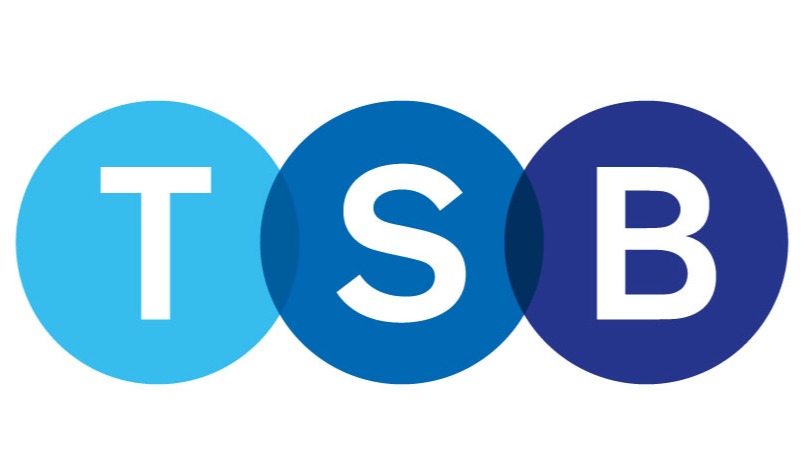The Italian parliament has approved a measure that will lead to cut fees on digital payments for store owners.
The 2023 budget amendment will see Rome work to broker a deal between banks, payment companies and sellers to reduce fees on electronic transactions worth up to €30 for businesses with revenues of less than €400,000.
The government previously scrapped a controversial provision which would have relaxed sanctions for retailers who refuse card payments. This drew criticism from the European Commission, which stated concerns that it would facilitate fraud in a country where money laundering is already rife.
Advocates for cash payments have said that they save shopkeepers money in expensive banking fees. Critics of the practice however have argued that reducing curbs on cash would power Italy’s black economy which sees around €100 billion in taxes and social contributions evaded each year.
According to government documentation seen by Reuters, the government will impose the ‘solidarity contribution’ equivalent to 50 per cent of the net proceeds from fees on transactions of up to €30 if banks and business fail to reach an agreement on a “fair and transparent level of fees.”
The Italian government introduced fines of €30 plus 4 per cent of the value of the transaction for shops that refused card payments as a part of measures to unlock post-pandemic recovery funding from the EU.
Latest News
-
Mizuho to replace 5,000 administrative roles with AI
-
Allica achieves unicorn status through latest funding round
-
AI disruption risk varies between platform and service-based firms, says new report
-
ClearBank moves into the heart of London’s financial centre
-
Citi forms AI infrastructure banking team and invests in Sakana AI
-
HSBC chief Elhedery says overhaul nearly complete despite profit fall
Creating value together: Strategic partnerships in the age of GCCs
As Global Capability Centres reshape the financial services landscape, one question stands out: how do leading banks balance in-house innovation with strategic partnerships to drive real transformation?
Data trust in the AI era: Building customer confidence through responsible banking
In the second episode of FStech’s three-part video podcast series sponsored by HCLTech, Sudip Lahiri, Executive Vice President & Head of Financial Services for Europe & UKI at HCLTech examines the critical relationship between data trust, transparency, and responsible AI implementation in financial services.
Banking's GenAI evolution: Beyond the hype, building the future
In the first episode of a three-part video podcast series sponsored by HCLTech, Sudip Lahiri, Executive Vice President & Head of Financial Services for Europe & UKI at HCLTech explores how financial institutions can navigate the transformative potential of Generative AI while building lasting foundations for innovation.
Beyond compliance: Building unshakeable operational resilience in financial services
In today's rapidly evolving financial landscape, operational resilience has become a critical focus for institutions worldwide. As regulatory requirements grow more complex and cyber threats, particularly ransomware, become increasingly sophisticated, financial services providers must adapt and strengthen their defences. The intersection of compliance, technology, and security presents both challenges and opportunities.
© 2019 Perspective Publishing Privacy & Cookies















Recent Stories